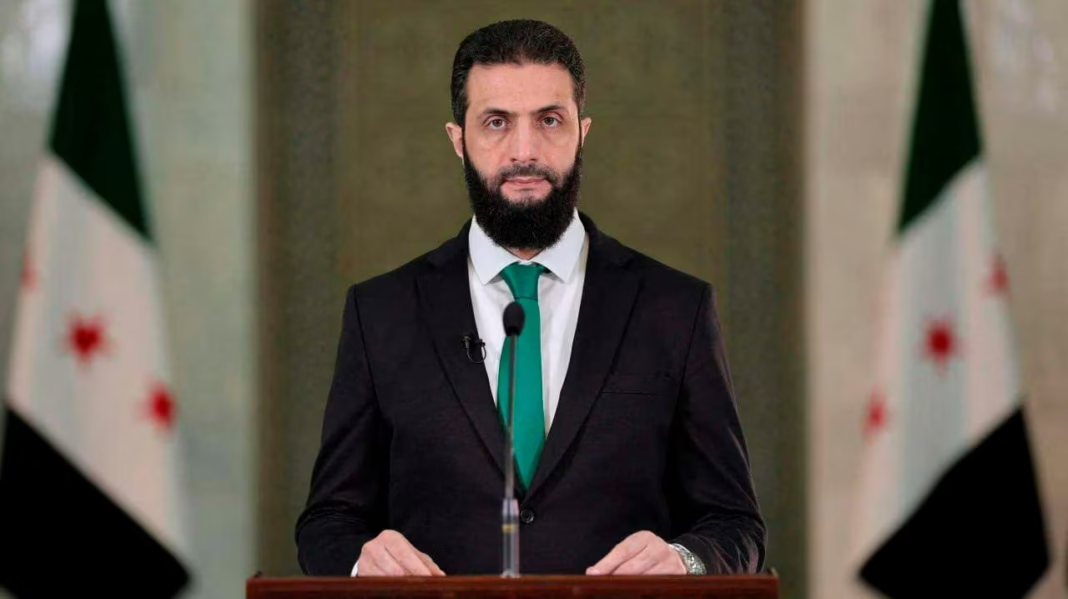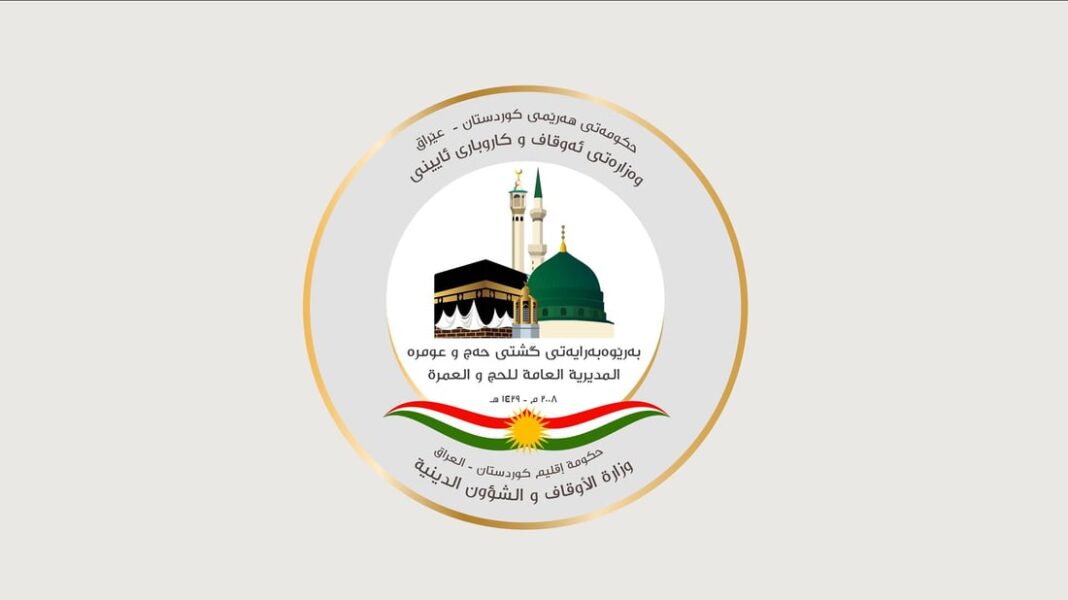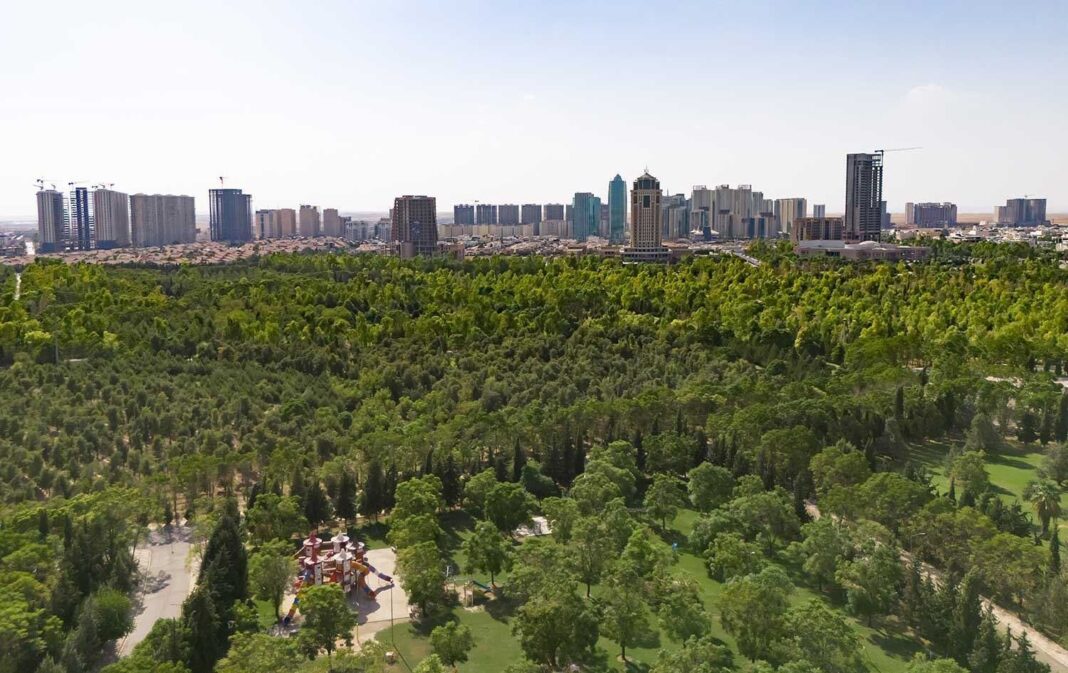On Friday, Syrian interim President Ahmed al-Sharaa strongly warned that any attempt by Kurdish groups to divide Syria would seriously damage the neighboring Turkey and Iraq. Both countries have large Kurdish communities, he emphasized.
Sharaa explained, “Kurdish partition would harm not only Syria but also its neighbors. If northeast Syria pursues some form of partition, Iraq and Turkey will suffer significant harm.” He compared the situation to other independence movements, such as Catalonia in Spain, which might follow the lead of Syrian Kurds.
He firmly declared, “Syria will not give up a single grain of its soil. This is an oath we swore before our people.” Sharaa highlighted the urgent need to keep Syria unified and protect all its territories.
The Kurdish-led Syrian Democratic Forces (SDF) currently control most of northeast Syria. However, the SDF has not officially called for independence or separation from the rest of the country.
Earlier this year, Sharaa and SDF leader Mazloum Abdi signed a deal to integrate the SDF and local civilian bodies into the Syrian transitional government. Some parts of the agreement, like prisoner exchanges, have been implemented. Yet, progress on other elements has stalled.
Sharaa noted, “Negotiations with the SDF were moving forward well. But recently, there seems to be a slowdown in implementing the deal.” He added that the agreement’s deadline is the end of the year, and international players, including Turkey, are involved.
He also said, “I did everything possible to avoid conflict in northeast Syria. We agreed to integrate the SDF into the Syrian Arab Army and made special arrangements for Kurdish regions.”
The SDF remains the primary US partner in the fight against ISIS. Most of the roughly 900 American troops in Syria are based in SDF-controlled areas.
Besides Kurds, Arabs make up a large part of the SDF and the population in northeast Syria. Sharaa pointed out, “Arabs represent over 70 percent of the population there. The SDF does not represent all Kurds.”
He warned the SDF against pursuing separation. Using the 2017 Kurdistan Region referendum as an example, he explained how Iraq’s military response caused the Kurds to lose control of disputed areas like Kirkuk. The region also faced international isolation before France helped break the blockade.
“Despite support and international relations, the Kurdistan Region failed in its independence bid,” Sharaa said. He reminded all parties that Kurdish partition would harm not only Syria’s unity but regional stability as well.
Since Bashar al-Assad’s regime collapsed in December, clashes between SDF forces and Damascus-affiliated troops have been limited. Each side accuses the other of provoking the few skirmishes that have occurred.



